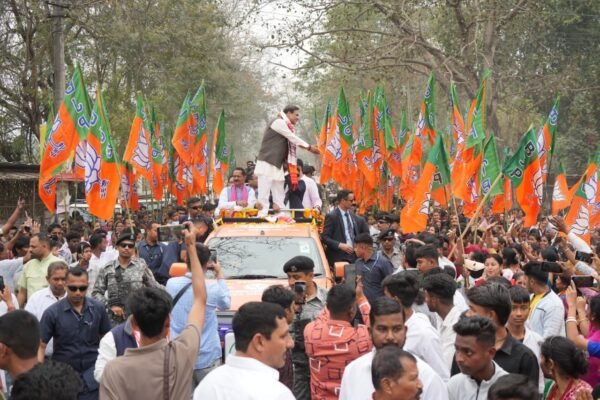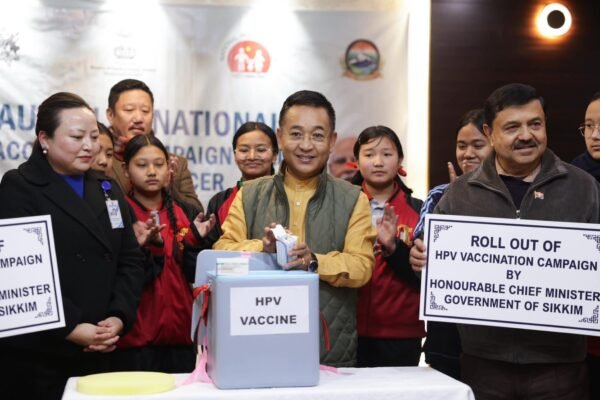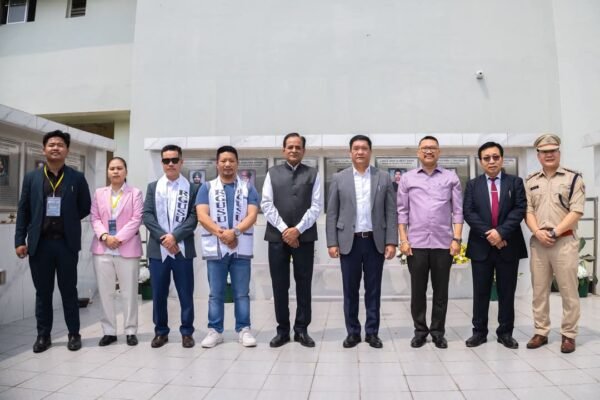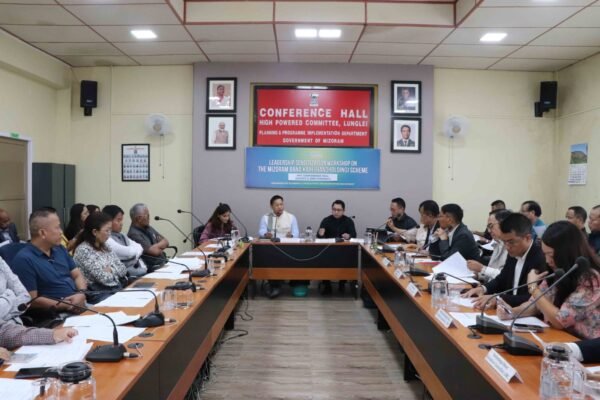Itanagar, Jan16: The Arunachal Pradesh Cabinet, led by Chief Minister Pema Khandu, approved a series of significant initiatives on Wednesday aimed at enhancing the state’s healthcare, hydropower, and administrative sectors.
A major decision taken in the meeting was the recommendation to the Government of India for the establishment of a 100-seat Medical College and a 420-bedded hospital in Namsai, under the Aspirational District Programme. The ₹375 crore project, to be developed through a Public-Private Partnership (PPP) model, will address pressing healthcare and medical education challenges in the region.
The Cabinet also approved SGST reimbursement concessions for two major hydropower projects: the Tato II Hydroelectric Project (700 MW) and the Kamala Hydroelectric Project (1,720 MW). These projects, with a combined investment of ₹35,000 crore, will be developed in collaboration with Central Public Sector Undertakings (CPSUs), with the state government holding a 26% equity share. The projects are expected to generate substantial free power and contribute ₹79 crore annually to the Local Area Development Fund.
In a further boost to the hydropower sector, the Cabinet introduced the Arunachal Pradesh Policy for Restoration of Terminated Large Hydropower Projects under Special Circumstances, 2025. The policy aims to revive stalled projects that have made significant progress, stimulating investment and job creation in the sector.
The Cabinet also approved key administrative reforms, including the upgradation of 20 posts in the Department of Hydropower Development, the creation of 36 new posts in the Department of Land Management, and the establishment of 32 new positions at the Government Engineering College in Tezu. Additionally, new electrical and infrastructure management divisions were sanctioned for districts requiring enhanced services.
These decisions highlight the state government’s commitment to driving economic growth, improving public services, and ensuring sustainable development across Arunachal Pradesh.









